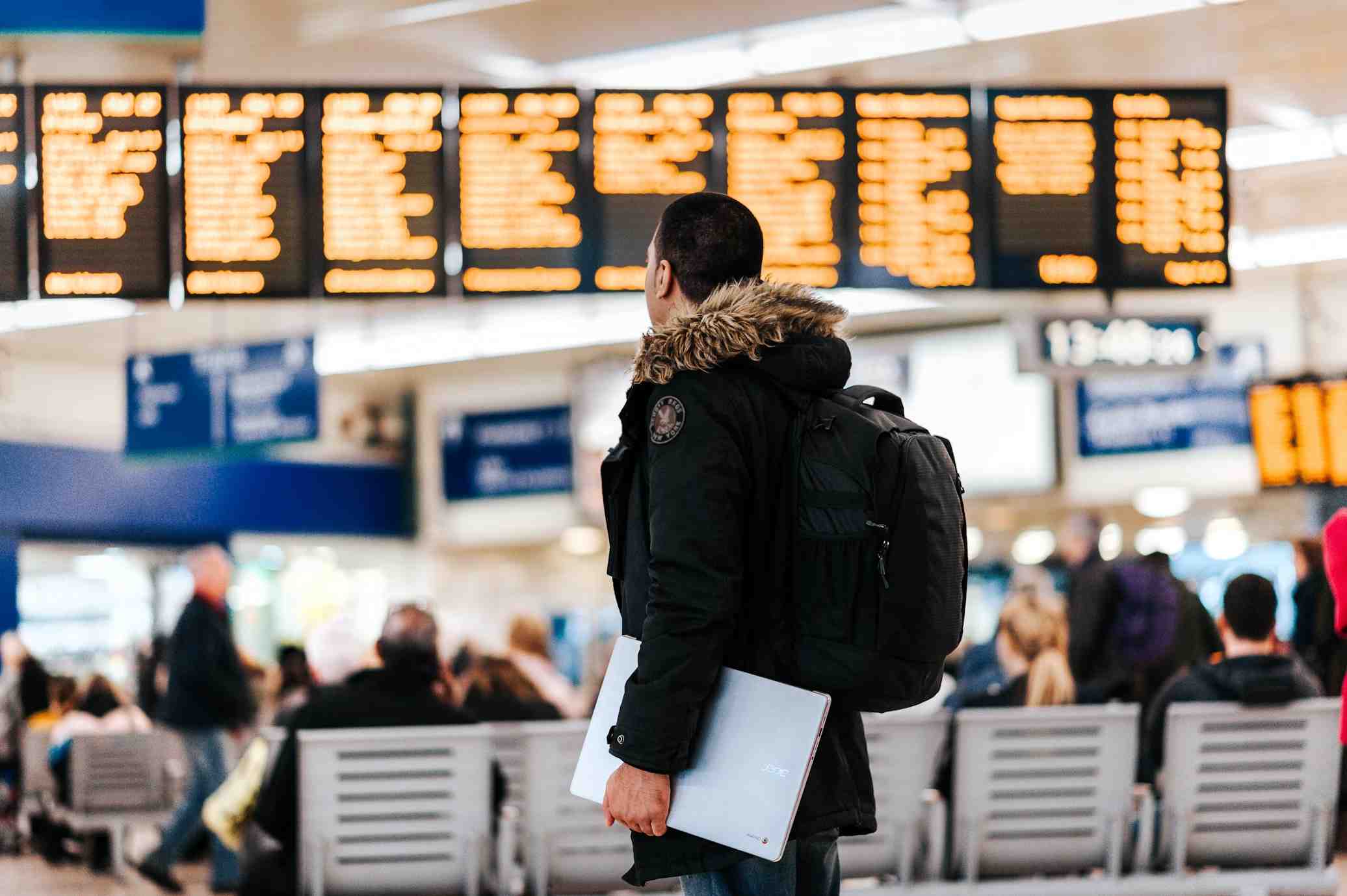Business Travel in Brazil, A Guide to Success in South America's Economic Giant

Brazil, the largest economy in Latin America, is a country of immense scale, complexity, and opportunity. Its dynamic cities, rich natural resources, and growing consumer market make it a critical destination for global business. However, achieving success in Brazil requires more than just a good business plan. It demands an appreciation for a culture where personal relationships are paramount, a patient approach to a bureaucratic environment, and a smart strategy for navigating its logistical challenges.
This guide offers practical advice and cultural insights to help corporate travelers succeed in the vibrant and often challenging Brazilian business world.
The Foundation of Business: Personal Relationships
In Brazil, business is deeply personal. A common saying is that Brazilians do business with people, not with companies. Building a strong, trusting relationship with your counterparts is the most important investment you can make.
-
Take Your Time: The first few meetings may have very little to do with the details of your business proposal. They are about getting to know each other. Expect conversations about your journey, football (futebol), family, and the famous Brazilian churrasco (barbecue). Rushing into business is seen as rude and can undermine trust. Be patient, be genuine, and focus on building rapport.
-
Face-to-Face is Crucial: While video calls are common, important business decisions are almost always made in person. Making the effort to travel to Brazil shows your commitment to the relationship and the project.
-
The Importance of a "Despachante": Brazil is known for its complex bureaucracy (o "custo Brasil" or the "Brazil Cost"). For navigating administrative hurdles like setting up a business, dealing with customs, or obtaining specific permits, hiring a "despachante" is often essential. This is a local specialist who knows the system and can expedite processes that would be incredibly frustrating for an outsider to handle.
Communication and Business Etiquette
-
Warm and Expressive Communication: Brazilians are generally warm, expressive, and tactile. It's common to stand closer to people than in North America or Europe, and light physical contact during conversation (like a touch on the arm) is a sign of friendliness.
-
Language: The official language is Portuguese, not Spanish. While English is spoken in many international business settings, making an effort to speak a few words of Portuguese ("Bom dia" for "Good morning," "Obrigado/Obrigada" for "Thank you") will be greatly appreciated. For serious negotiations, hiring a professional interpreter is a must.
-
Punctuality and Flexibility: While you should always be on time for meetings, don't be surprised if your Brazilian counterparts are a bit late. This is often due to the notorious traffic (trânsito) in cities like São Paulo. A flexible and patient attitude is key.
-
Business Attire: In major cities like São Paulo and Rio de Janeiro, business attire is formal and stylish. Men should wear a good quality dark suit and tie. Women should wear elegant business suits or dresses. Appearance and presentation matter.
Logistical Planning for a Vast Country
Brazil is the fifth-largest country in the world, and its size presents significant logistical challenges.
-
Domestic Travel: Traveling between cities like São Paulo, Rio de Janeiro, and Brasília requires flying. Book domestic flights on carriers like LATAM, Gol, or Azul well in advance. Be prepared for potential delays.
-
Urban Transportation: Traffic in São Paulo and Rio is legendary. A trip that might take 20 minutes without traffic can easily take over an hour and a half during peak times. Plan your schedule with ample buffer time between meetings. Ride-sharing apps are the most convenient and generally the safest way to get around. For security reasons, avoid hailing taxis from the street.
-
Safety and Security: As with any megacity, it's important to be security-conscious. Be aware of your surroundings, avoid wearing expensive jewelry, and don't flash large amounts of cash or expensive electronics. Keep your passport and valuables in your hotel safe. At night, stick to well-known, reputable areas and always travel by car service or a ride-sharing app. A comprehensive travel risk management program is essential for any company with employees traveling to Brazil.
-
Visas and Entry: Visa requirements have changed over the years. Currently, citizens from the US, Canada, and Australia, among others, can enter Brazil visa-free for tourism and most business visits. However, regulations can change, so always check the latest requirements with the nearest Brazilian consulate before you book your travel.
-
Health: Consult a travel doctor before your trip. Depending on where you are going, vaccinations for yellow fever may be recommended. Dengue and Zika are present in some areas, so taking precautions against mosquito bites is important. Always drink bottled water.
Doing business in Brazil is a vibrant and dynamic experience. It is a country that rewards persistence and a genuine investment in personal relationships. By embracing the culture, planning for the logistics, and exercising common-sense safety precautions, you can unlock the tremendous opportunities that South America's largest economy has to offer. A modern travel management platform can provide your team with the tools and support they need, from booking flights to 24/7 assistance on the ground.
Planning your business expansion into Brazil?